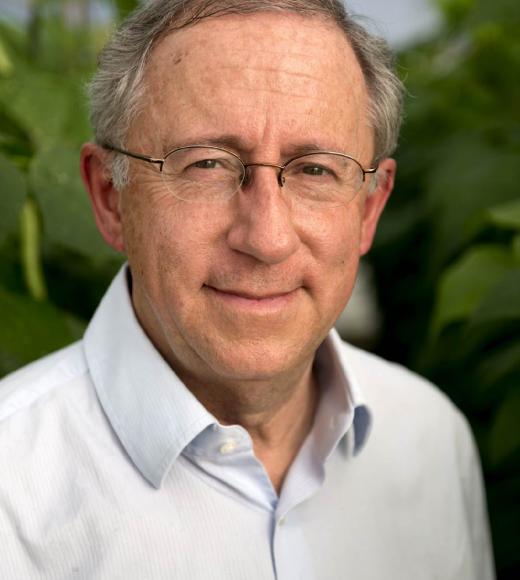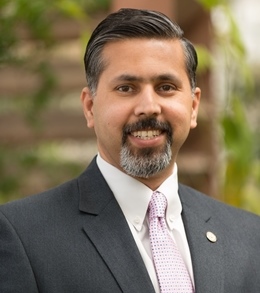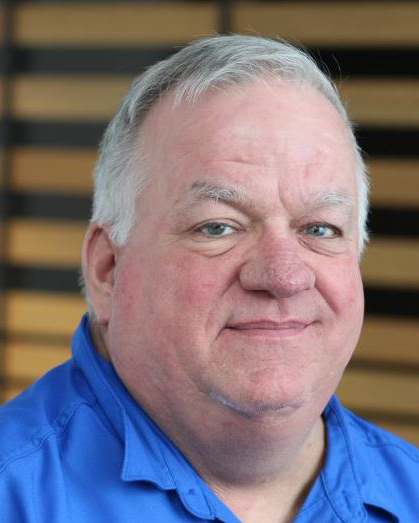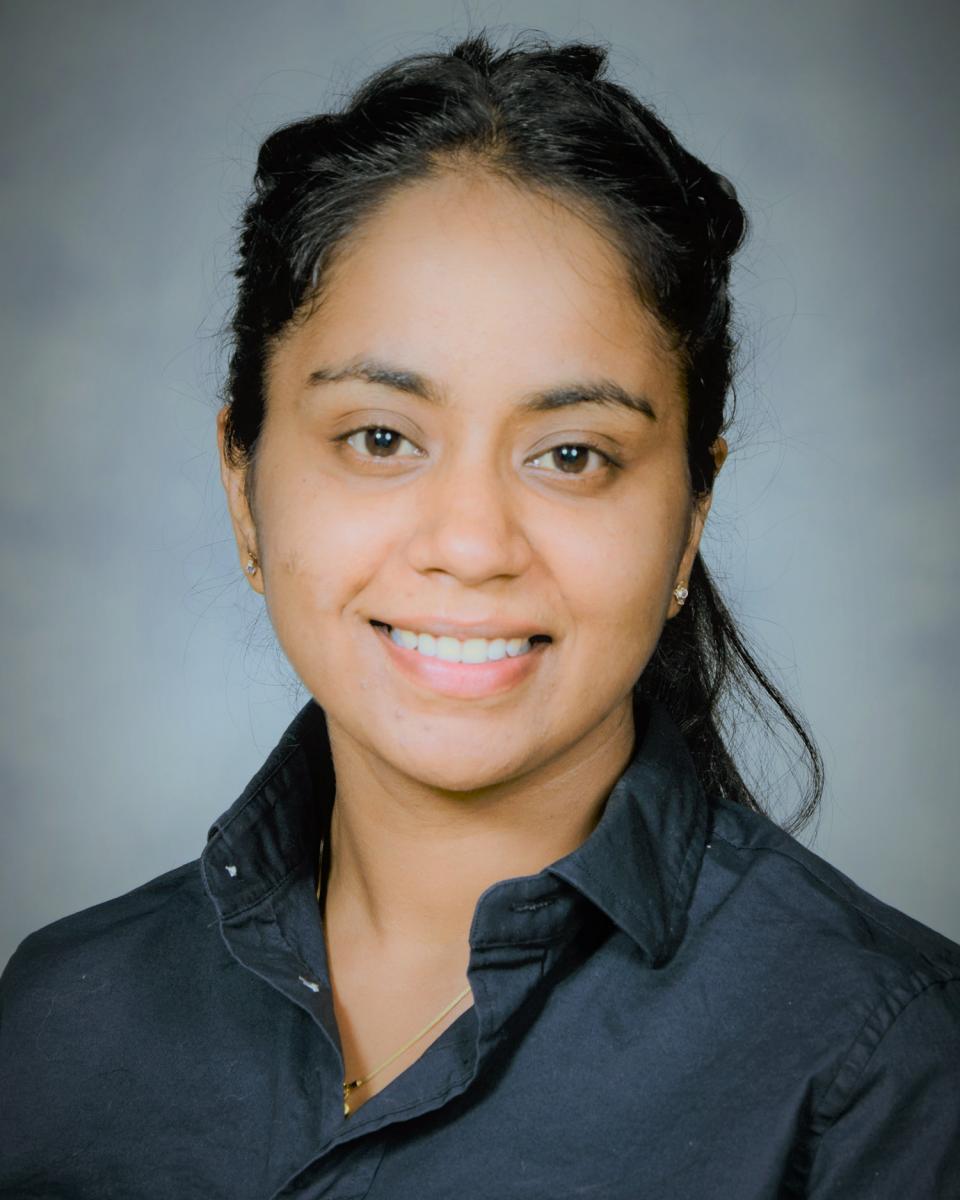
Paul Gepts
Distinguished Professor, Department of Plant Sciences, University of California, Davis
The main thrust of Gepts' research, teaching, and outreach program is the study of crop agrobiodiversity for the purposes of conservation and application to breeding programs. The main crops studied are Phaseolus beans (black, pinto, kidney, yellow beans, etc.). Central to these activities are the processes preceding, accompanying, or following the domestication of crops as these play a major role in the organization of genetic diversity. In turn, this information is applied to bean breeding programs in California and East Africa.
Gepts' Bio
Rajiv Khosla
Professor, Colorado State University, College of Agricultural Sciences, Soil and Crop Sciences
Khosla is Robert Gardner Professor of Precision Agriculture. His main research focus has been on “Management of in-field soil and crop spatial variability using innovative technologies for variable rate precision nutrient and water management. He has generated many discoveries in precision agriculture, most widely recognized among them is the innovative technique of quantifying variability of spatially diverse soils using satellite based remote sensing to create management zones, which is currently being used by farmers in Colorado, across US and in other countries around the world. In 2012, he was named the Jefferson Science Fellow by the National Academy of Sciences and previously in 2008, he was named the Colorado State University Monfort Professor. He is the Fellow of (i) American Society of Agronomy; (ii) Soil Science Society of America; (iii) Soil and Water Conservation Society and (iv) Honorary Life Fellow of International Society of Precision Agriculture. Dr. Khosla is the Founder and Past-President of the International Society of Precision Agriculture.

Keith Boldman
Research Scientist, Systems and Innovations for Breeding and Seed Products (SIBS), Corteva™ Agriscience
Boldman is a Research Scientist in the Systems and Innovations for Breeding and Seed Products (SIBS) group at Corteva™ Agriscience where he and his colleagues make up the Biostatistics team. This group develops, delivers and consults on state-of-the-art field, molecular and process improvement experimental design, analysis and data driven prediction support for all strategic crops, by leveraging innovative methodology and scientific software. Keith works on phenotypic analysis in all crops at Corteva™, focusing on corn and wheat. He and Blaine Johnson, retired from Pioneer and current University of Nebraska–Lincoln Department of Agronomy and Horticulture adjunct professor, have presented graduate-level workshops on Design and Analysis of Unreplicated Field Experiments using ASReml software.
Student Speakers

Balpreet Kaur Dhatt
Doctoral Student, Department of Agronomy and Horticulture, University of Nebraska–Lincoln
After completing her undergraduate degree from Punjab Agricultural University, India, Dhatt joined the University of Nebraska–Lincoln Department of Agronomy and Horticulture as a Graduate Research Assistant. She is working under the advisement of Dr. Harkamal Walia on the projects that focuses on understanding the heat stress resilience mechanisms in one of the important cereal grain crops, rice. The objective of her research is to understand the dynamic physiological and molecular mechanisms that contribute to resilience to high day-night temperature (HDNT) as well as high night temperature (HNT) stress throughout the grain development in rice by integrating genomics, transcriptomics and metabolomics. Her project aims at exploring the existing phenotypic and genetic variation in rice germplasm for understanding the effects of increasing temperatures on grain yield parameters and to functionally characterize genes that define rice grain yield parameters under high temperatures.

Kirk Amundson
Doctoral Candidate, Plant Biology, University of California Davis
Amundson is a fifth-year Ph.D. candidate in the lab of Prof. Luca Comai at the University of California, Davis. Using potato as a model system, he studies the triggers and outcomes of genome instability in two contexts: first, uniparental genome elimination, a process by which sexual progeny inherit the chromosomes of only one parent, and second, prolonged clonal propagation. He uses a combination of genomic and cytogenetic tools to document the incidence and types of chromosomal changes that occur in these two contexts, with the goal of providing a framework for plant genome engineering.